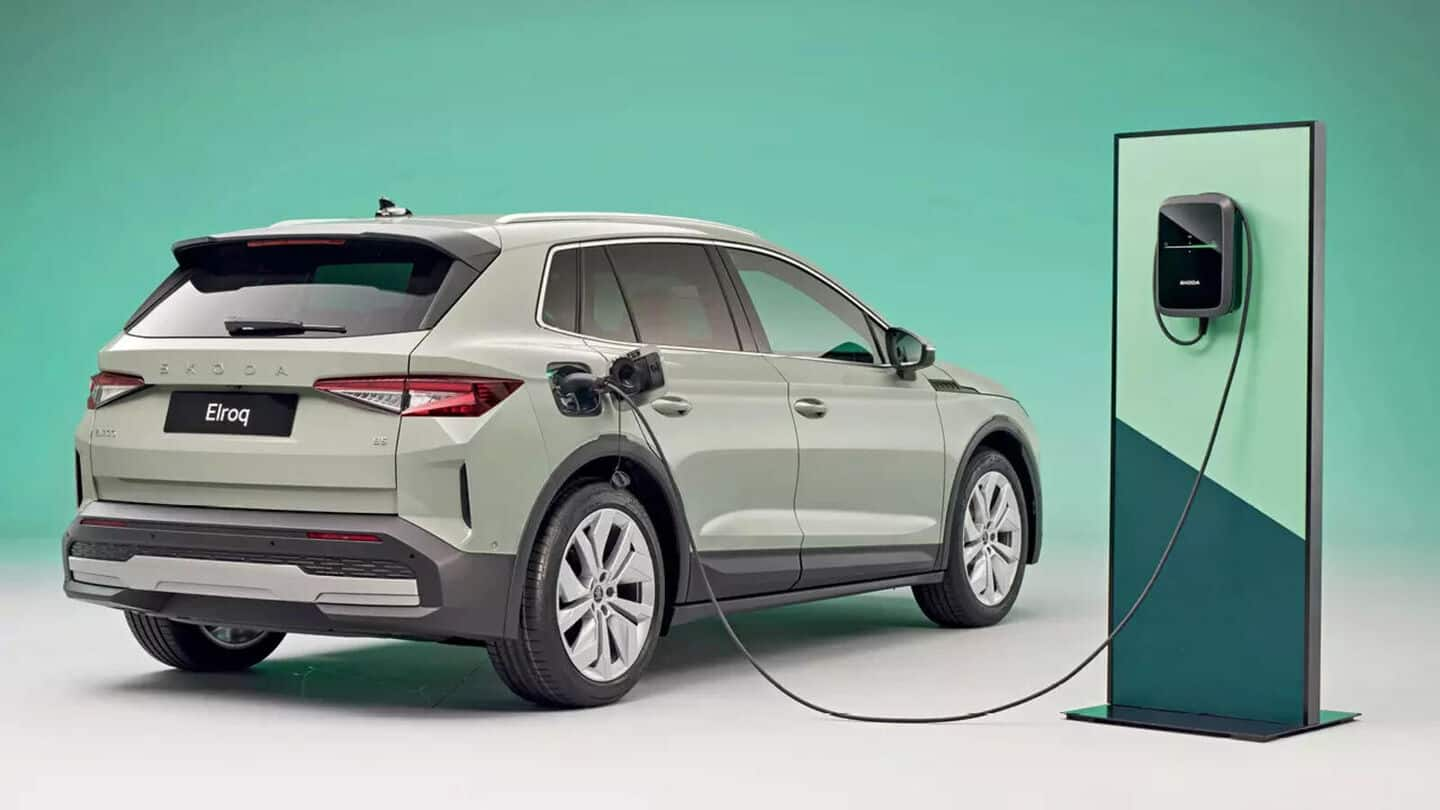
Delhi's draft EV Policy 2.0 revealed: How it affects you
What's the story
The Delhi government has released the draft of the Electric Vehicle (EV) Policy 2.0, marking a major departure in its electric mobility strategy.
The policy seeks to raise the share of electric vehicles on Delhi roads from 13-14% at present to a whopping 95% by 2027.
To this end, the government has proposed measures like stopping petrol bike registrations, phasing out ICE three-wheelers, and improving charging infrastructure.
Point #1
Impact on 2-wheelers
The draft policy recommends a major shift in the two-wheeler segment. It recommends stopping the registration of petrol and CNG-backed bikes from August 15, 2026.
This implies that popular models such as Hero Splendor, which currently rule the sales, will not be available for purchase in Delhi.
However, officials have said these recommendations may change during cabinet approval discussions.
Point #2
Three-wheelers will be impacted
The proposed policy details a complete phase-out plan for ICE three-wheelers.
The government intends to stop the registration of petrol, diesel, and CNG-powered three-wheelers from August 2025. This will cover both passenger and cargo vehicles.
Further, existing CNG auto permits will not be renewed from August 15 this year, with all such permits being replaced or re-issued with only e-auto permits.
Point #3
What about garbage collection vehicles?
The draft policy requires every third vehicle bought by a person to be an EV. Meaning, if a person has two fossil-fuel-powered vehicles, their next purchase should be electric.
Further, all garbage collection vehicles owned/leased by the Municipal Corporation of Delhi, New Delhi Municipal Council, and Delhi Jal Board must switch to electric cars in a phased manner.
The target is a 100% electric fleet by December 31, 2027.
Point #4
Expansion of charging infrastructure
The draft policy also stresses the need for expanding the charging infrastructure in Delhi.
As of now, the city has 1,919 charging stations and 232 swap stations.
While the exact number of new stations to be created has not been announced yet, this expansion is likely to support the ambitious EV transition plan under Policy 2.0.